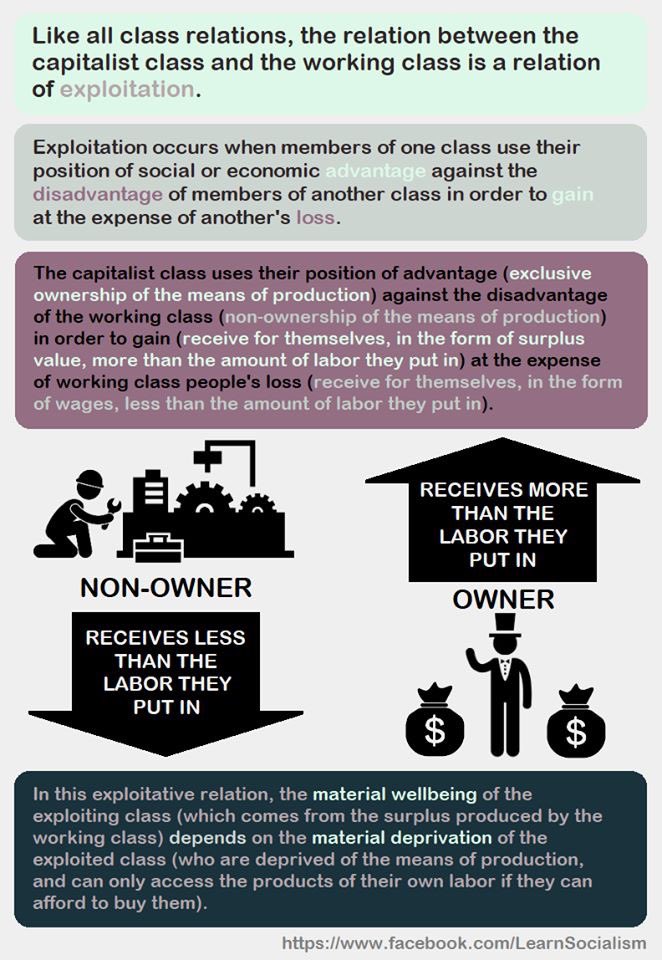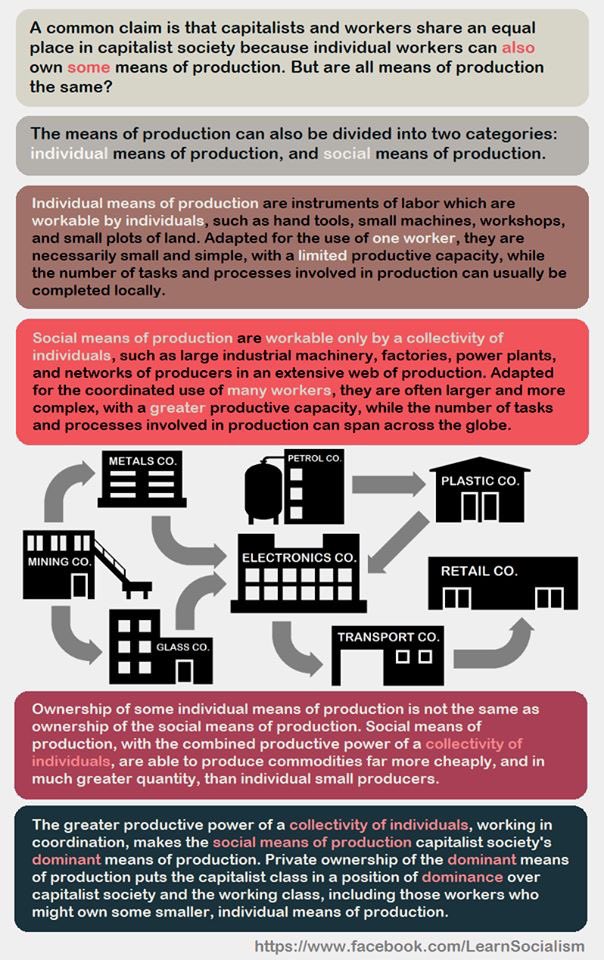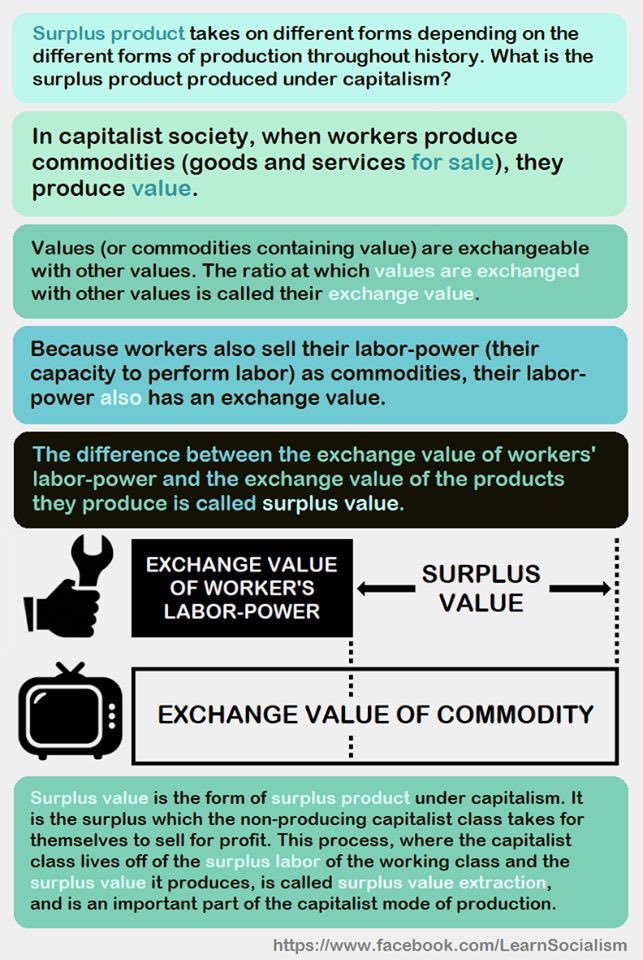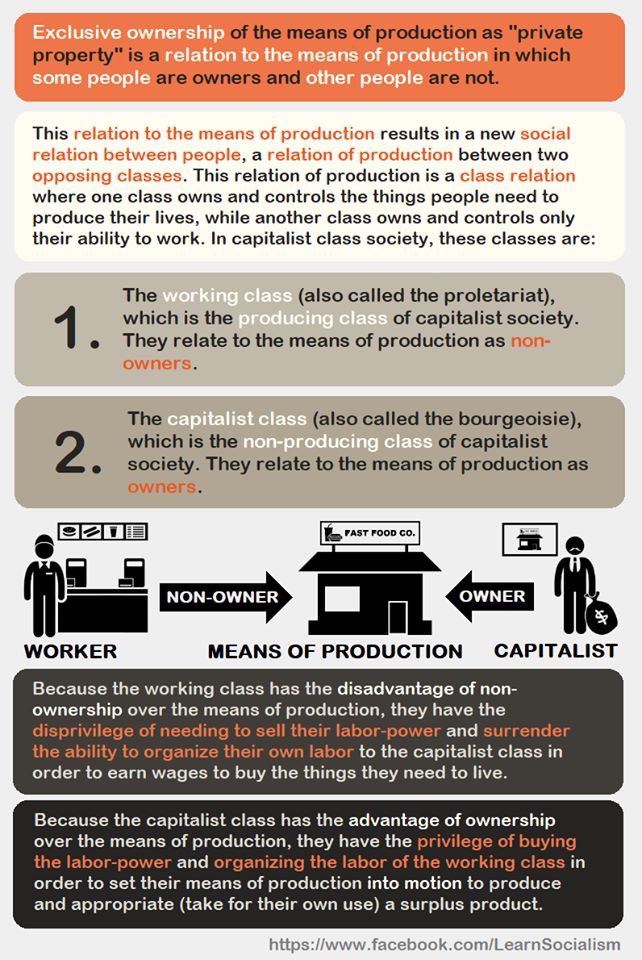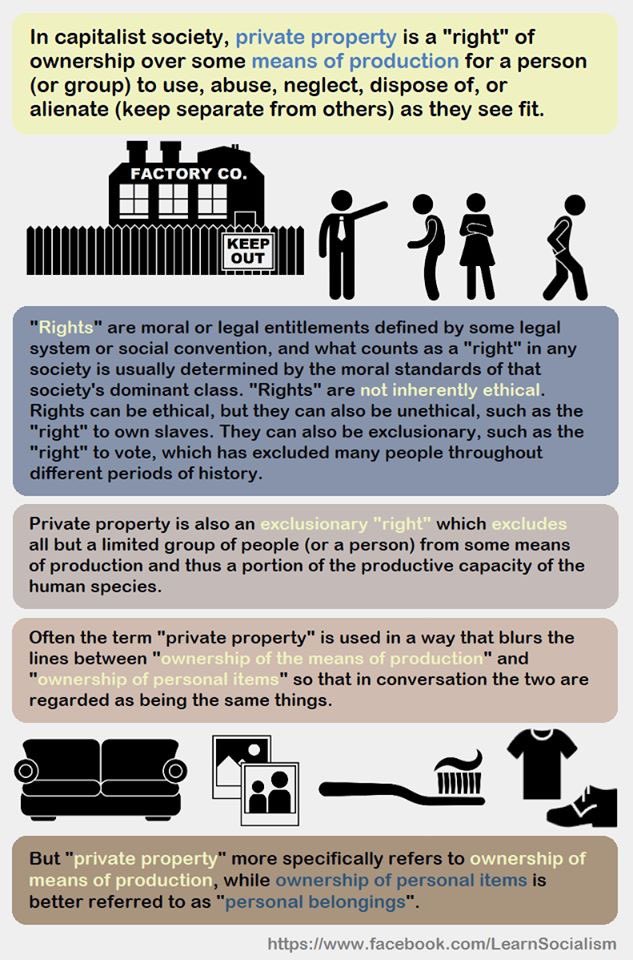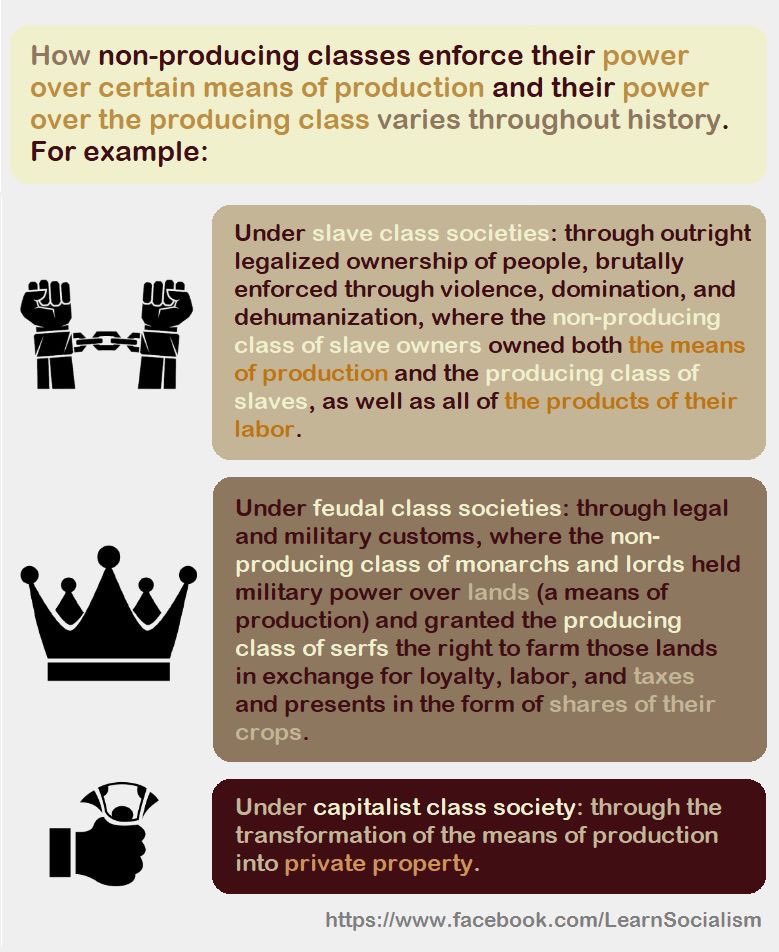1
5
How would you respond to these Zionist talking points?
(hexbear.net)
Just to clarify, I don't believe any of the following arguments and I'm fairly sure they're all bullshit, but I'd like to bolster my understanding of how to refute them the next time I see them.
These are all paraphrased or "steelmanned" (as opposed to strawmanned) versions of arguments I've encountered elsewhere on the internet.
- Israel does not unilaterally blockade the Gaza strip all by themselves; Egypt also has a border with Gaza and also participates in the blockade, and yet pro-Palestinians never seem to allocate any of the blame to Egypt, they always put it entirely on Israel. This is unfair and possibly antisemitic.
- In 1948, the Zionists allowed Arabs who didn't fight against them to stay in their homes and become citizens of Israel. This population of Arabs became known as the "48-Arabs", and they and their descendants are still citizens of Israel today. The fact that the Zionists accepted these people into their new state proves that the Zionists were not aiming to ethnically cleanse all Arabs and that Israel is not a racist state, or at least not a foundationally racist one. If the Arab Palestinian militants of 1948 had just done what the 48-Arabs had done instead of starting a war, they and their descendants would also be full citizens of Israel today.
- Western pro-Palestinian advocates make a critical error when they assume that Palestinians are primarily concerned with "civil rights". The main thing that motivates Palestinians in the West Bank and Gaza (as opposed to Arab Muslim citizens of Green Line ‘48 Israel) is not their lack of "civil rights" (which are a largely Western notion, after all), it's that they resent Israel's existence as a non-Muslim-dominated society in what they see as "Muslim lands". They do not desire a secular democratic state with equal civil rights for all, they desire a Muslim controlled, sharia law state in which they can dominate Jews as a persecuted minority of second class citizens (dhimmi, infidels) or just drive Jews out entirely at their whim. Maybe in 1948 the Arab population of Palestine would have been satisfied with a secular, democratic state, but unfortunately extremist Islam has become a much more prevalent ideology since then and has changed the political equation.
- During the period of the British Mandate of Palestine (roughly 1910s to 1940s), Jewish immigrants improved the living standards of the region and initiated a lot of new economic activity. As a result, many Arab Muslims from neighboring regions like Egypt, Syria, and Jordan immigrated to the Mandate of Palestine because they were attracted by the new economic opportunities, and today's Palestinians in Gaza & the West Bank are largely descended from these Mandate-era Arab immigrants. Given that their ancestors came to Palestine at about the same time that Zionist Jews did (and in some cases later), their claims of having a superior right to the land of Palestine over Israeli Jews don't make sense. (example of this argument can be found here and here)
- Often pro-Palestinian advocates say that "Western countries should have accepted Jewish refugees in the 20th century instead of pressuring them to go to Palestine." This is true on a surface level, indeed a lot of things would have gone better if powerful Western countries had done that. But alas, they didn't, and that wasn't something that the Jews of the time had control over either way. Therefore the Jews who settled in Palestine at that time can't really be blamed for what they did, they were just looking out for themselves in the absence of any benevolent world power who would take them in.
- Pro-Palestinians misunderstand the Haavara agreement and overstate its importance. The fact that the Haavara agreement occurred does not prove that Zionists supported Nazism, or vice versa. If the Haavara agreement "proves" anything, it is simply that for a few years the Zionists had just enough political leverage with the Nazis & British to help out some fraction of German Jews as their situation in Germany was becoming more precarious, and the Zionists took the opportunity to do this while they could. This does not at all prove that the Zionists "supported the Holocaust/allowed it to happen" or anything like that, and the fact that some pro-Palestinians interpret it that way is really rather disappointing.
 you also don't have to answer everything
you also don't have to answer everything